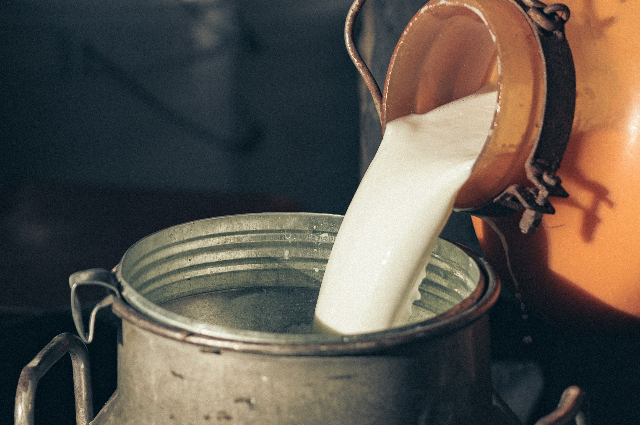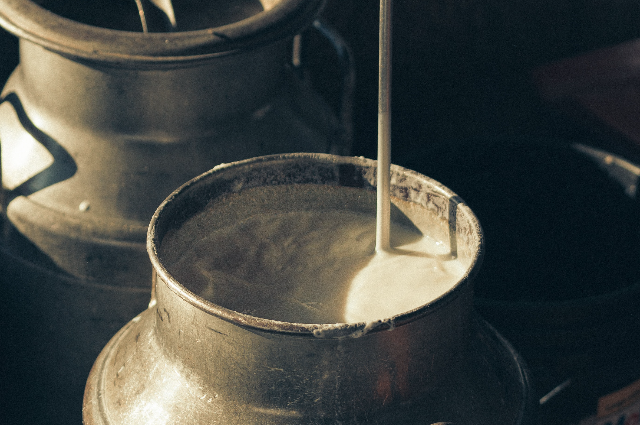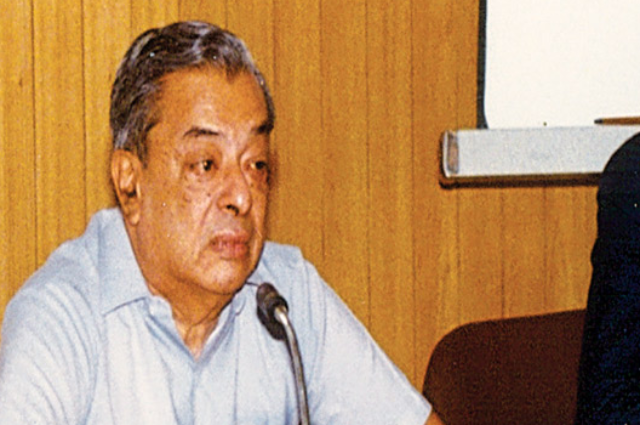
The White Revolution in India is one of the most influential and vital events of Indian history. When the British left India, there was a huge scarcity of milk across the country and the White Revolution transformed a milk deficient nation into one of the world leaders in milk production. Remarkably, it became a self-sustaining industry and also India’s largest rural employment provider. It was started in the villages of Gujarat. And today, one village named Dhokda has its exceptional white revolution which is unique in its own way. This village is already known as a part of the White Revolution in the earlier stages. The most unique part of the Dhokda village is that it is the only village where dairy products are not sold. Instead, dairy products are given for free to those who do not own cows and buffaloes.
Dhokda is a village in the Mandvi region in the Kachchh District of the state of Gujarat. It is located 50 km towards the west from District Head Quarters of Bhuj. In this unique village, the dairy products are given free to the members of the village who do not own any cows and buffaloes. There is a quite weird superstition which is behind this whole milk products system of Dhokda village. According to the villagers, Pir Saiyadna had settled in the village some 500 years ago and had ordered people not to sell milk to guarantee peace and joy in the village. Raghuveer Jadeja, a panchayat member told TOI that, “A few years ago, the son-in-law of a villager started selling milk against resident’s wishes. He died within a few months. That was more than enough to cement the belief”.

Many people around our country fight with the rising prices of milk. But there is no such issue like this in the Dhokda village because it provides milk to every person who doesn’t have cows or buffaloes. And some people will surely envy a resident of Dhokda named Damodar Joshi, who is a farmer who gets 3 litters of milk and four liters of buttermilk for free every day from villagers. Damodar told TOI, “We are four in the family, including two children. Even though we do not rear cows, we are provided all the milk by villagers.”
The citizens of Dhokda have followed this system for many years. And it may have helped many people of this tiny village. According to Census 2011, the count of working individuals in Dhokda village is 253 whereas 181 are non-working. And out of 253 working people, 52 people are totally dependent on the cultivation which happens in the village. The population of the Dhokla village is just 434. And this village is one of the 94 villages of Mandvi Block of Kutch district in Gujarat. It is the state where the great white revolution was initially started. In this revolution, Dr. Varghese Kurien known as the father of the white revolution led the entire nation away from less productivity of milk, by breaking conservative walls of caste, gender, and race.

Source: drkurien.com
The white revolution also gave birth to the world’s largest dairy-agricultural development program which was known as Operation Flood, and it totally changed Indian milk production. This operation was initiated by the National Dairy Development Board to speed up and generate a massive impression on the revolution. Particularly, it created a national network connecting producers throughout India in more than 700 regions like Dhokda. Even the Amul Dairy Plant at Anand, Gujarat was an extremely successful firm that started during this revolution. Once, India was desperate for milk, but with the white revolution, it rapidly became one of the largest milk producers in the world.
The white revolution also diminished the seasonal price distinctions while confirming that producers get the maximum share of sell, by cutting out the middlemen. And this revolution helped many villages like Dhokda to become self-sufficient for milk production. And today, the village of Dhokda has shown an example of self-sufficiency that can help people. However, you can say that it is not about the charity, but somewhere the superstition that is running this unique system in the Dhokda village. Yet, this system has surely reinforced the bond between the villagers over all these years.
________________________________________
Reference:
- www.timesofindia.com
- www.amuldairy.com
- www.drkurien.com
